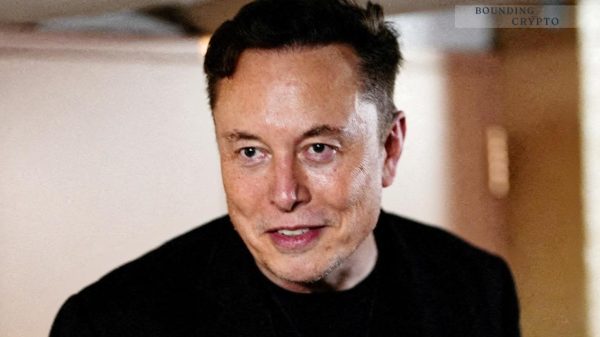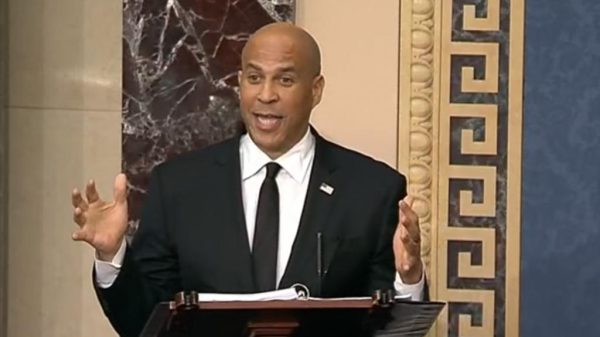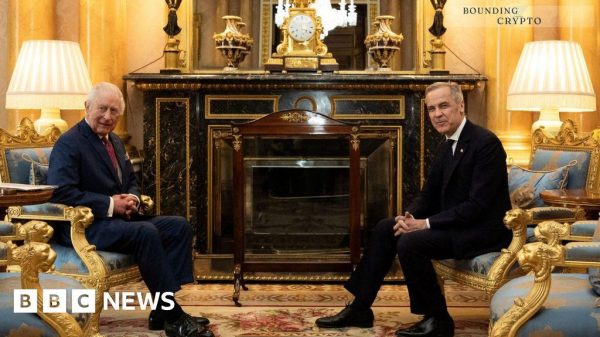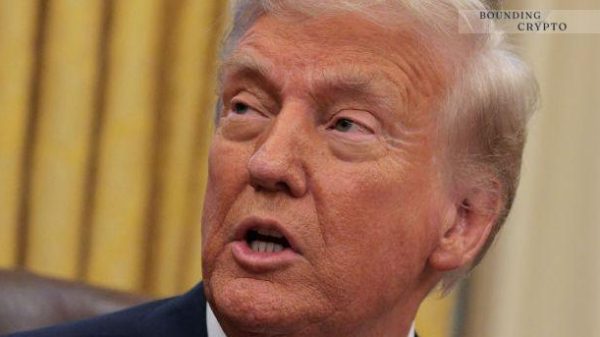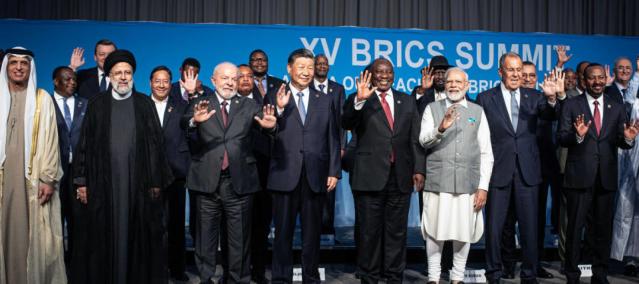The six new candidates will formally become BRICS members — alongside Brazil, Russia, India, China and South Africa — on January 1, 2024, as reported by Reuters.
Don’t miss
- Worried about the economy? Here are the best shock-proof assets for your portfolio. (They’re all outside of the stock market.)
- Super-rich Americans are snatching up prime real estate abroad as US housing slumps — but here’s a sharp way to invest without having to move overseas
- ‘Hold onto your money’: Jeff Bezos says you might want to rethink buying a ‘new automobile, refrigerator, or whatever’ — here are 3 better recession-proof buys
“This membership expansion is historic,” said Chinese President Xi Jinping, at the 15th BRICS Summit in Johannesburg. “It shows the determination of BRICS countries for unity and cooperation with the broader developing countries.”
A common desire among multiple bloc members is to level a global economic playing field they feel is over reliant on the U.S. dollar.
New BRICS members
The six new members to the bloc add an interesting dynamic to BRICS. Most are allies or close trading partners with current members.
For instance, the UAE has signed a bilateral trading agreement with India that will see the two countries trade oil and other assets in their local currencies — not the U.S. dollar. Fellow oil power Saudi Arabia is also looking to loosen the grip of the U.S. on the global energy industry.
Meanwhile, Brazil has long called for its neighbor Argentina’s inclusion, Egypt has close commercial connections with Russia and India, and Iran shares Russia’s issues with U.S.-led sanctions and diplomatic isolation.
According to South African officials, more than 40 countries have expressed interest in joining the bloc. Upon announcing the six new members, South African President Cyril Ramaphosa hinted at further expansion saying: “We have consensus on the first phase of this expansion process and other phases will follow.”
What this means for the U.S.
Certain BRICS members — mainly China and Russia — have long called for the bloc’s enlargement as a way to challenge Western dominance, but other members — like Brazil and India — continue to nurture close relationships with the U.S. and Europe.
Brazilian President Luiz Inacio Lula da Silva said on Tuesday: “We do not want to be a counterpoint to the G7, G20 or the United States. We just want to organize ourselves.”
He also defended the idea of a common trading currency between BRICS countries, insisting it is not about “rejecting” the greenback or other national currencies. Rather, he said it would facilitate trade between emerging economies — while also reducing transaction costs and exposure to global volatility and geopolitical risks.
Whether BRICS will rise into a superpower that will overtake the G7 — as predicted by Putin — remains to be seen. What is clear is that more global trade will be conducted in currencies other than the U.S. dollar. But, the greenback currently remains dominant and the U.S. is still by far the world’s largest economy.



